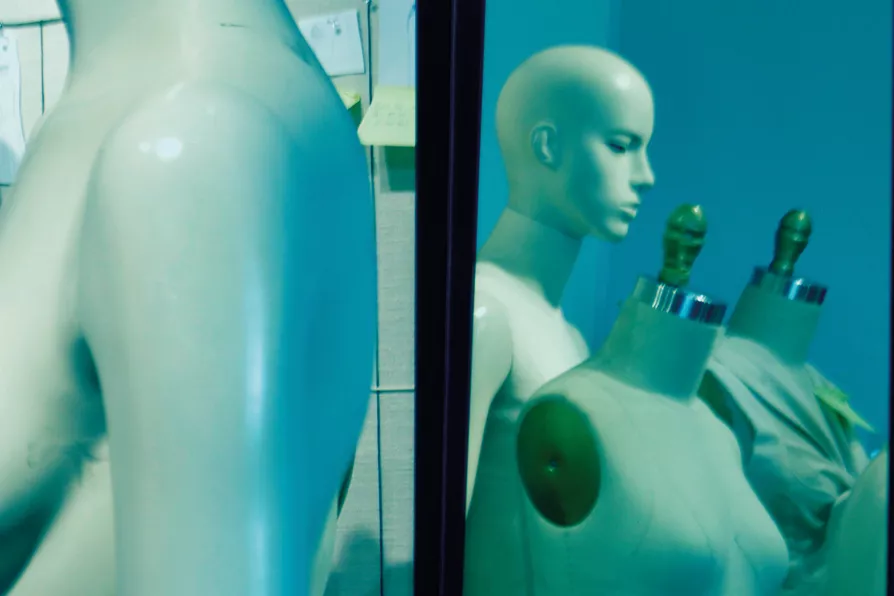The Mandelson scandal reveals a political settlement in which democratic choice is curtailed and the power of markets eclipses the will of voters – only the left can challenge this, writes JON TRICKETT MP


HARROWING personal testimony from survivors of prostitution and surrogacy underpinned a significant conference held in London earlier this month.
Its overwhelming message was unassailable — that capitalism has won a grim monopoly on women’s bodies, and shows no evidence of destroying itself. Quite the opposite, these pernicious industries are destroying lives and preying on the vulnerable, while rewarding the moneygrubbing and selfish.
For the British grassroots women’s group Nordic Model Now!, this was the latest in a series of highly successful events, aimed at the abolition of prostitution and related practices such as lapdancing, pornography and surrogacy.

AMANDA J QUICK warns about the ever-expanding influence of the sex industry – and the harm it unleashes on both the women involved and society collectively, especially the young

ROS SITWELL reports from the Morning Star conference on ‘Race, Sex and Class Liberation’ last weekend

It’s tiring always being viewed as the ‘wrong sort of woman,’ writes JENNA, a woman who has exited the sex industry











